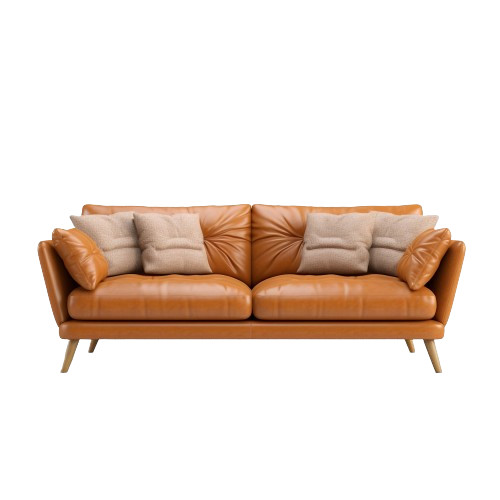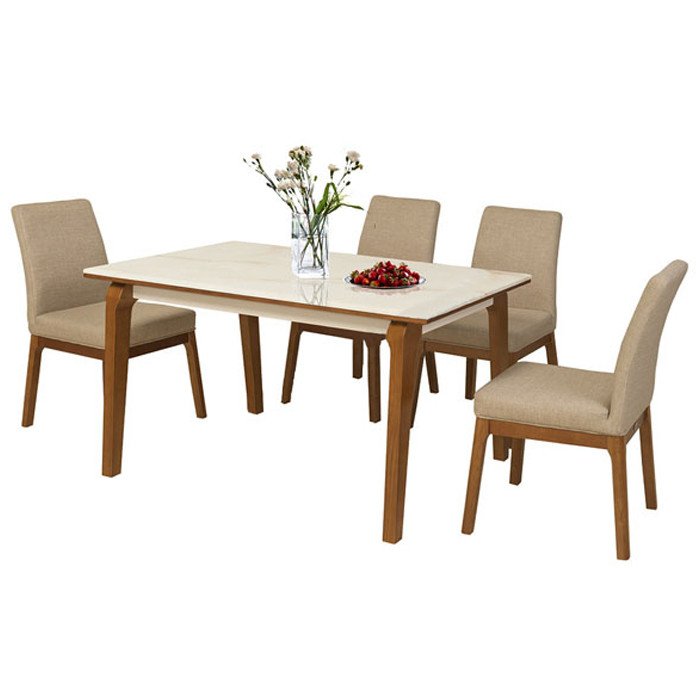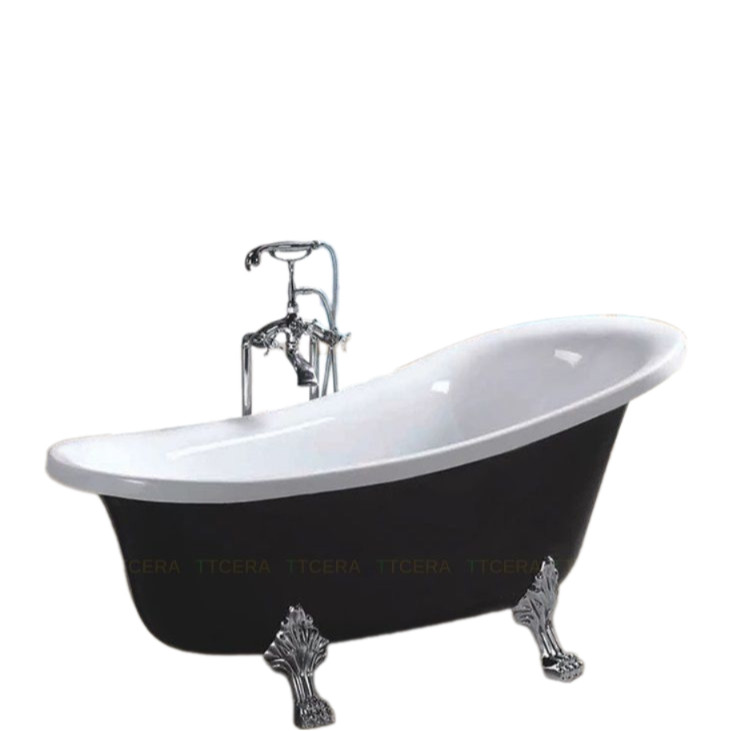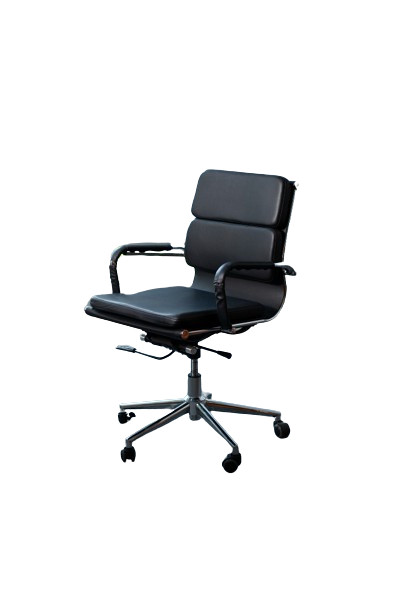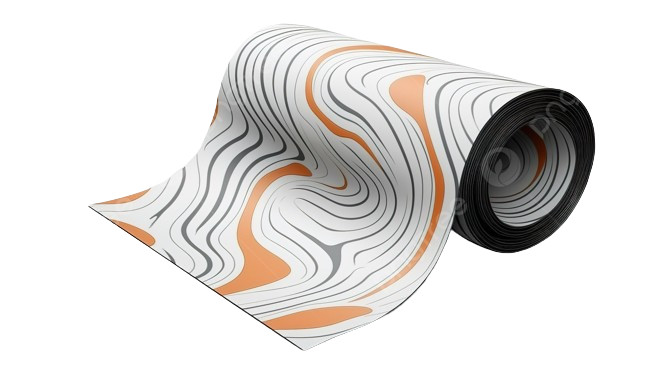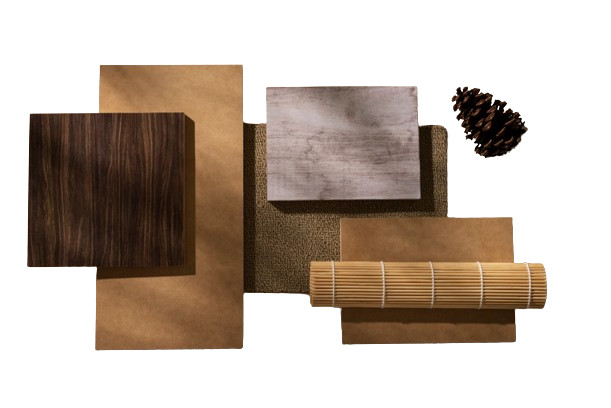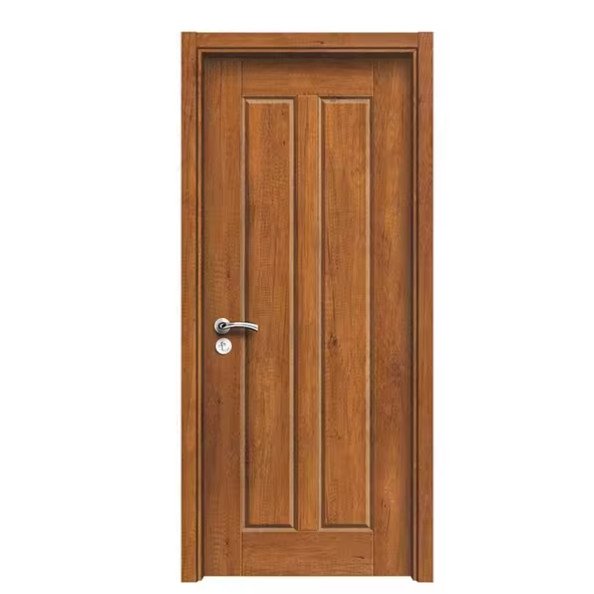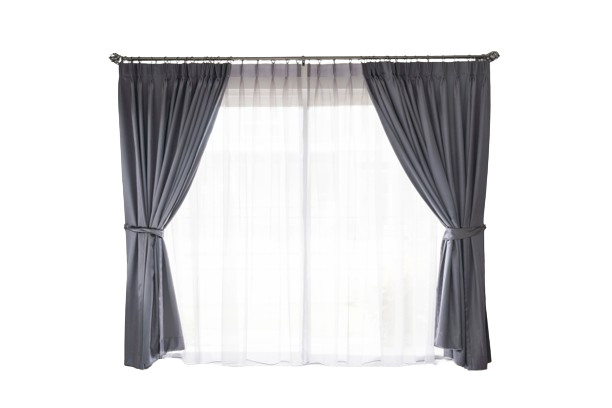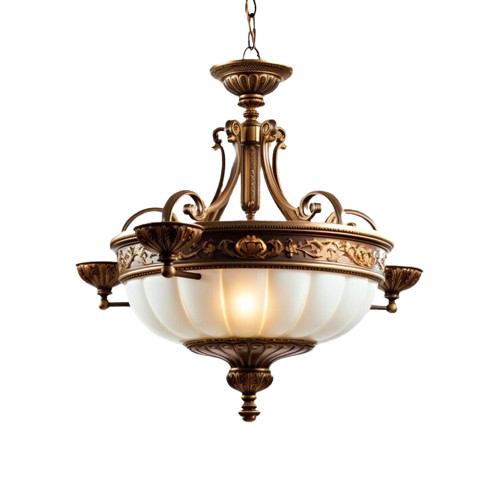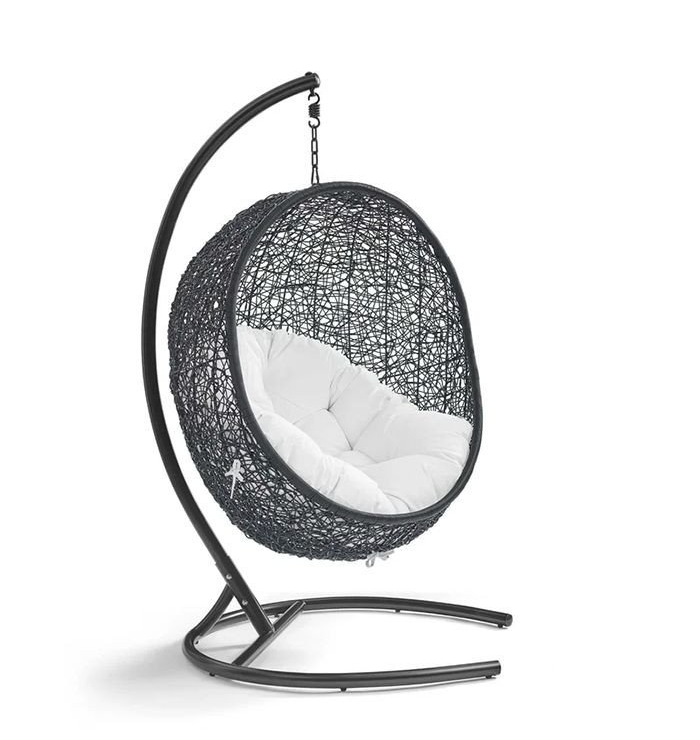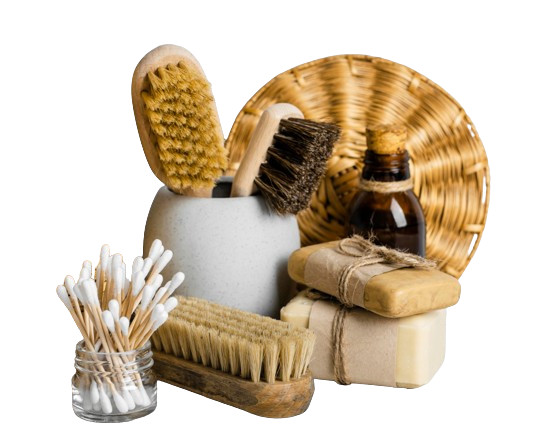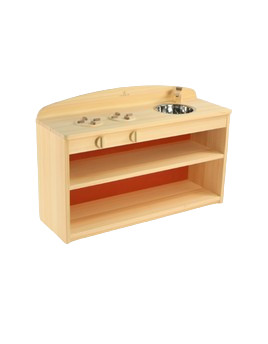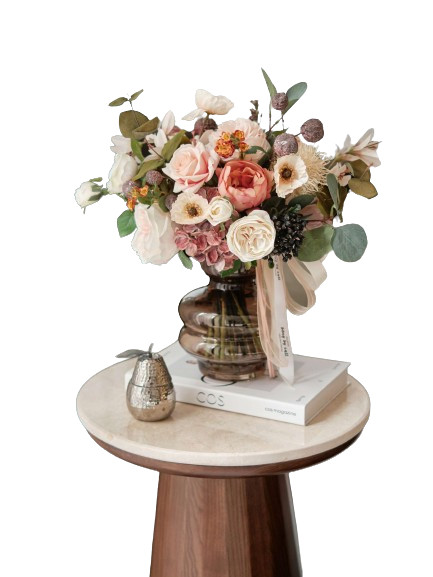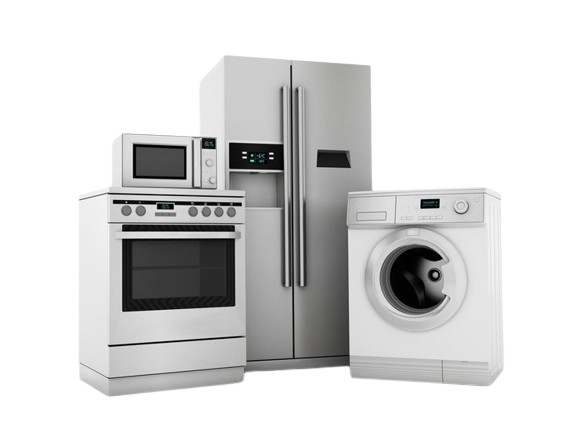CAL 117 & CAL 133 FIRE RATING
FIREPROOF STANDARDS FOR SOFA FABRIC COVERAGE 2024
If you have been researching different options for upholstered office furniture, you may have noticed that the phrases CAL 117 and CAL 133 keep coming up. While it is all too easy for consumers to ignore these signifiers and chalk them up to a manufacturer’s label that doesn’t mean much, these labels are something you need to pay attention to. The safety of you and your co-workers is at stake.
1. What is the CAL 117 rating?


CAL 117, or California Technical Bulletin 117, is a regulation used in the furniture industry that establishes flammability standards for upholstered furniture. Despite only being legally binding in California, the regulation has become a nationwide standard since the state represents such an enormous market. Residential furniture materials must pass an open flame test and a smolder test to be compliant with CAL 117.
2. CAL 117 current requirements

The requirement was originally issued in 1975 to protect consumers from purchasing products that had the potential to easily catch fire and act as an accelerant. The first set of standards dealt mostly with the filling materials, but since most fires don’t begin on the inside, In 2015, the newly revised version shifted the focus to cover materials and how they interact with filling. CAL 117 now comes with the following requirements:

- Upholstery cover fabrics, filling materials, and other materials must pass certain smolder-resistant requirements.
- If these components do not meet flammability standards, then a barrier material must be added for protection.
- Flame-retardant chemicals can be added to furniture, although they are subject to their own set of requirements.
- Manufacturers who don’t comply with flammability or labeling regulations are subject to a series of fines and will be required to cover the cost of further compliance testing.
3. What is the CAL 133 rating?

California Bulletin 133 is similar to CAL 117, except that it specifically regulates the flammability of furniture that will be used in “public spaces.” This includes both government buildings and offices owned by private companies that will house ten or more people. It was initially put in place to protect workers and buildings from stray cigarettes starting fires. While it has been a long time since it was acceptable or even legal to sit and enjoy cigarettes at your desk, CAL 133 is still used to set the standard for flammability across the country.


CAL 133 also involves passing a specially designed lab test; however, it differs from CAL 117 in that the entire piece of furniture must be tested rather than just a few select components. This presents a challenge for manufacturers because there are any number of combinations of fabrics, padding, and frame materials that can be used to create furniture. Every combination must pass the CAL 133 requirements.
4. Difference between CAL 117 and CAL 133 rating
If you are a business owner or office manager tasked with outfitting your building with the right furniture that both meets your practical needs and creates the right look, then you need to be aware of these regulations. In addition, you need to do your research and make sure that you are shopping for products that meet a variety of ordinances and local fire agency requirements.

A little preparation ahead of time will help ensure that you pass the necessary inspections and avoid any costly delays. If you special order furniture, you may be required to foot the bill for the cost of a sample piece of furniture and the cost of a burn test, which typically runs between $400 and $600. That additional cost may be enough to motivate certain buildings to opt for pre-designed office and waiting room chairs that have already been put through the necessary testing process.
ADORN MUSEUM
Location: O-1, TM.01, 1st Floor, Orchid 1 Tower, Hado Centrosa Garden No.200 3/2 Street, Ward 12, District 10, Ho Chi Minh City, Viet Nam.
Hotline: (+84) 28 3930 3428
E-mail: support@adornmuseum.com
Operation time:
8:30 - 17:30, Monday - Friday & 8:30 - 12:00, Saturday


